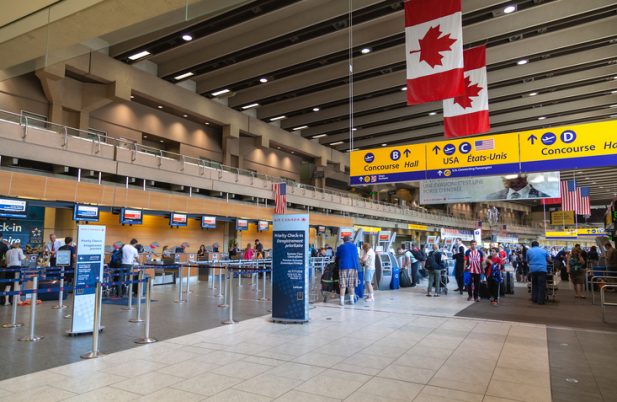Accessible Holiday Travel: Planning Ahead

The air might be cold and the trees may be bare, but excitement arises with the approach of the holiday season. The holiday season is a time where plans are made and parties are hosted. It is also a time where travelling is constant. At the end of the holiday season, you may be left feeling as though you have been here, there and everywhere in between. If you are a person with a disability, travelling may present difficulties and cause concern or anxiety. While certain difficulties associated with travelling may be unavoidable, planning ahead and asking questions in advance will help alleviate travel stress.
Whether you are travelling near or far, planning ahead is critical. Planning ahead can involve determining your mode of transportation, which company you wish to use and your route (and alternate route) well in advance of the travel date. If you require transportation, the Government of Canada website provides a list of carriers that provide accessible transportation services within your city. Additionally, taxi companies within your city will have accessible vehicles as will Uber, for those located in bigger cities. In fact, Uber now has Uberwav (wheelchair accessible vehicles) and Uberassist (door to door service). Regardless of whether you are driving yourself or using a transportation carrier, it is important to give yourself lots of time. At this time of the year, the roads are very busy and weather can affect the driving conditions.
It is also important to ask questions, both with respect to your travel plans and end destination. Things you should consider asking about include, parking (How close can you get to the front entrance? Is there a drop off/pick up area?), stairs (Are there exterior or interior stairs that might act as a barrier?) and washroom facilities (Are they accessible?). Another thing to consider is whether you will be bringing anything with you, like gifts or an indoor mobility aid that you may require assistance with. Thinking ahead and asking these questions will help you identify any accommodations that you may need.
About the Authors

A born-and-raised Barrie resident, Karen knows and loves her community. She is proud to be a partner in one of Canada’s most successful personal injury law firms—right in her own backyard. Karen joined Oatley Vigmond in 2013 as an associate lawyer. She holds a BA from Queen’s University and her Juris Doctor from Bond University in Australia. Prior to being called to the Bar in January 2013, Karen articled at a well-known personal injury law firm in Toronto.
